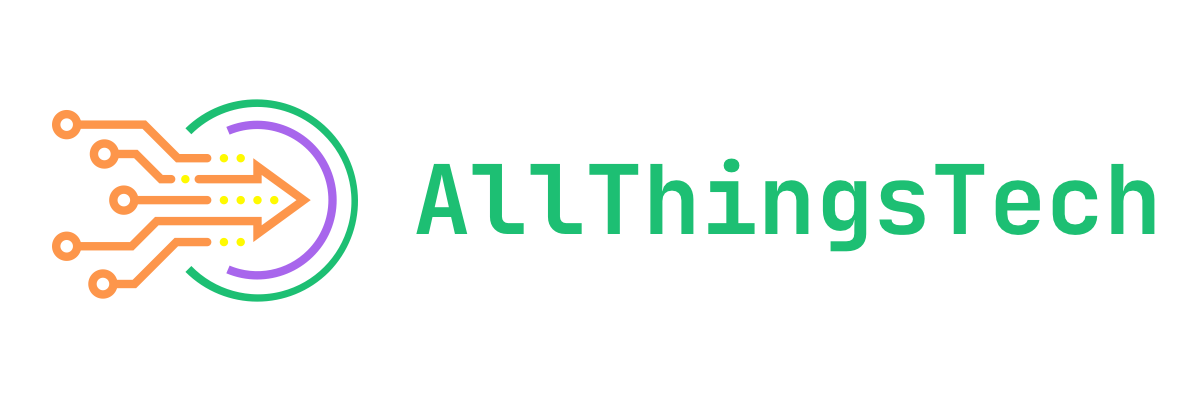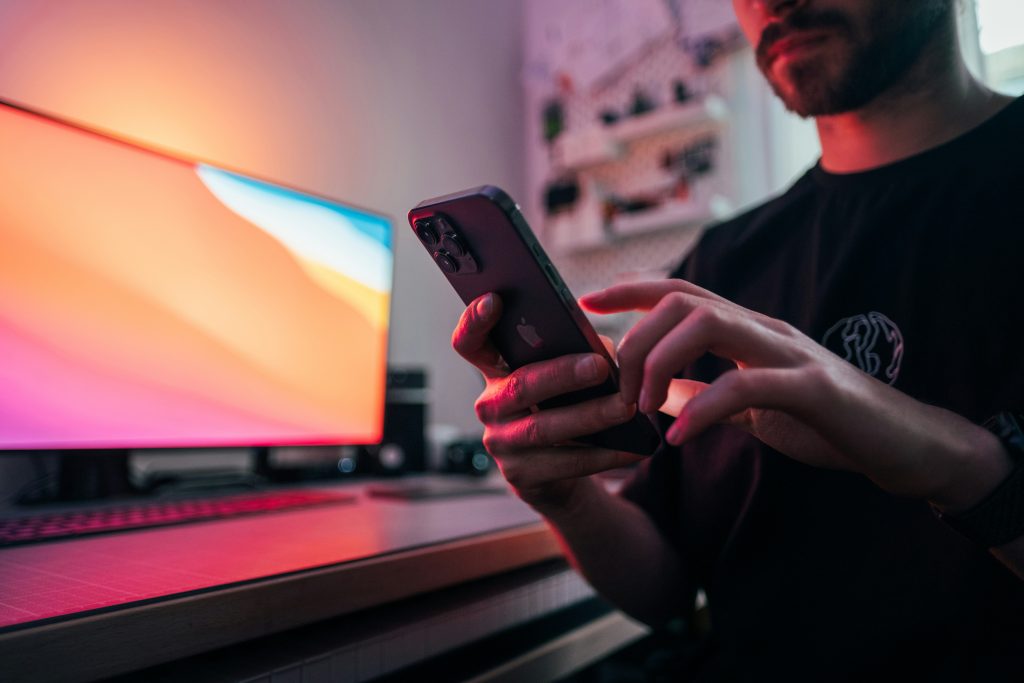Smartphones have become an indispensable part of our lives. When it comes to the two major players in the market, Apple and Android, there’s no denying that Apple stands out as the clear winner in terms of security and overall features.
Security
Security has become a top priority for smartphone users, and Apple has made it its top priority as well. Apple’s closed ecosystem and stringent security policies make it the more secure option. Unlike Android, Apple does not allow third-party app installations unless they are downloaded from the App Store, which is monitored and curated by Apple to ensure that apps are free of malware and other security threats. In addition, Apple’s touch ID and face ID features use biometric authentication to unlock your phone, making it more secure than traditional passwords or PINs. Plus, Apple’s operating system, iOS, is updated regularly to patch any security vulnerabilities promptly.
Android, on the other hand, is more vulnerable to malware and security threats due to its open ecosystem. While Google does have security measures in place, it is still vulnerable to security threats. Android phones have a variety of security options, but they are not as advanced as Apple’s Touch ID and Face ID. In addition, Android phones have a wider range of customization options, but this can compromise security.
Overall Features
When it comes to overall features, Apple outshines Android with its sleek design and user-friendly interface. Apple’s iOS is known for its intuitive and easy-to-use interface, making it a popular choice for people of all ages. In addition, Apple’s App Store has a wide range of apps that are optimized for iOS, ensuring they run smoothly and are free of bugs. But what really sets Apple apart is its camera, which is a standout feature in its latest models. With a dual-lens camera system, and advanced features such as optical zoom, portrait mode, and night mode, Apple’s camera is a favorite among photographers.
Android phones have a wider range of features, but they are not as refined as Apple’s. Android’s open ecosystem means anyone can create and upload an app to the Google Play Store, making it vulnerable to malware and security threats. In addition, Android’s camera quality varies depending on the manufacturer, and its customization options can be overwhelming for some users. However, Android does have a leg up on Apple when it comes to affordability, with a wider range of options available at lower price points.
Privacy
Privacy is another important factor to consider when choosing between Apple and Android. Apple is known for its commitment to privacy, with features such as “Sign in with Apple” and the option to use a random email address when signing up for an app or service). In addition, Apple does not collect as much data as Google, and the data it does collect is encrypted and stored securely. Apple also allows users to control which apps have access to their location data and other personal information.
Android, on the other hand, is known for collecting more data than Apple, which it uses to deliver targeted ads and improve its services. While Google claims to anonymize this data, it is still a concern for many users who value their privacy. In addition, Android’s open ecosystem means that there are more opportunities for third-party apps to collect and use personal data.
Compatibility
Compatibility is another important factor to consider when choosing between Apple and Android. Apple’s ecosystem is closed, which means that all Apple devices work seamlessly with each other. For example, you can answer a call or send a text message on your iPhone, iPad, or Mac. This is a huge advantage for users who own multiple Apple devices. In addition, Apple’s AirDrop feature makes it easy to share files between Apple devices.
Android, on the other hand, has a wider range of compatibility with other devices and services. For example, Android devices work seamlessly with Google services such as Gmail, Google Drive, and Google Photos. In addition, Android devices are compatible with a wider range of third-party accessories and services.
App Store
The App Store is another important factor to consider when choosing between Apple and Android. Apple’s App Store is curated, which means that all apps are checked for malware and other security threats before they are made available for download. This ensures that apps are safe and free of bugs. In addition, Apple’s App Store has a wider range of high-quality apps that are optimized for iOS, ensuring they run smoothly and are free of bugs.
On the other hand, Android’s Google Play Store is more open, meaning anyone can create and upload an app. While Google does have security measures in place, it is still vulnerable to security threats. In addition, the quality of apps on the Google Play Store varies widely, and many apps are not optimized for Android devices.
Price
Price is an important factor to consider when choosing between Apple and Android. Apple devices are known for their high price point, which can be a barrier for some users. However, Apple’s devices are known for their quality and durability, which means that they will last for a long time. In addition, Apple devices hold their value well, meaning they can be resold for a good price.
Android devices, on the other hand, have a wider range of price points, with options available at a lower price point. While these devices may not have all the features of high-end Android or Apple devices, they are still a viable option for users who are on a budget.
Conclusion
In conclusion, when it comes to security, overall features, privacy, compatibility, and the App Store, Apple is the clear winner. Its closed ecosystem, stringent security policies, touch ID and face ID features, sleek design, user-friendly interface, optimized apps, standout camera, and commitment to privacy make it the most secure and advanced smartphone option on the market. While Android has a wider range of features and is more affordable, it is not as refined or secure as Apple. Ultimately, the choice between Apple and Android comes down to personal preference and priorities.
Photo by Jonas Leupe on Unsplash



1 Comment
@kylereddoch Security? Maybe.
Features? Never.
(Had to endure an Apple phone for work, while having Android ones privately)
And also Apple phones suck when it comes to owning the phones, e.g. installing custom operating systems like LineageOS and alike.
They are also ballooned in the price department.
And build quality things I read more often for Apple phones than for others, like cracks, bends, overheating.